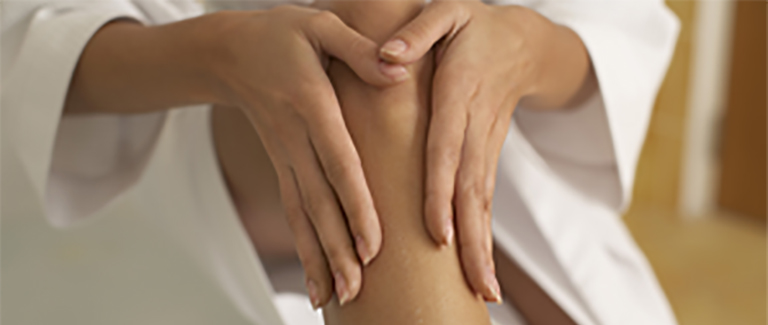The first time you saw varicose or spider veins may have been on your mother or your grandmother’s legs. Though men can get them too, women are more susceptible to vein disease.
Are they dangerous?
They are not dangerous but in some women these issues cause discomfort. For most, there are no symptoms other than making you feel self-conscious. They can possibly cause your legs to ache or feel very heavy. These symptoms maybecome exacerbated after long periods of sitting or standing. You can also have throbbing, swelling, and itching. Hormonal fluctuations can also affect symptoms so you may feel them more during certain times like your period or during pregnancy.
Where do they come from?
Certain people are more predisposed to vein complications. You have a higher chance of getting them if it runs in your family. A job that requires you to be on your feet for long periods of time can also cause varicose vein issues. Being overweight, having a history of blood clots, tumors, or constipation can all play a role. Hormonal changes during menopause, or puberty, birth control, and hormone replacement can also have an effect.
Pregnancy gives you a high risk of varicose problems because of the added blood flow pumping through your body to support the baby. As you uterus grows, it increases the pressure on your veins potentially causing damage to your veins.
Prevention
1. Use sun protection- Using sunscreen will help protect you from cancer-causing sun rays. It can also help keep spider veins at bay- particularly on your face.
2. Take a break- If you stand for long periods at work, make it a point to sit and give your legs a rest periodically. If you sit for a long time at work, do the opposite. Every half hour or so, get up and walk to get your blood moving. If you are unable to stand and walk around, be sure to stretch your leg often. Wearing compression socks can also help protect your legs.
3. Elevate your feet- When you get home and you finally get time to relax, put a pillow under your feet to elevate them. This will take pressure off your feet and legs and get the blood flowing back towards your heart.
4. Do not cross your legs- When you sit with your legs crossed it can impede good blood flow in your legs. This can cause vessel damage and weaken vein walls.
5. Save the stilettos for special occasions. Lower heels and flats keep your blood flowing unrestricted. Also, clothing that is too tight around your midsection can slow blood flow to your legs.
6. During pregnancy- Do not sit or stand for prolonged periods of time. Elevate your feet and wear loose clothing.
7. Take care of yourself- A healthy diet and regular exercise will keep you healthy, keep blood flowing, and prevent obesity.
You can’t always avoid or prevent vein issues particularly if heredity is against you or you are pregnant. However, there are a few things that can help minimize the likelihood you will end up with them. If you get them anyway, treatment options are available. Call today to ask about our free consultation.
